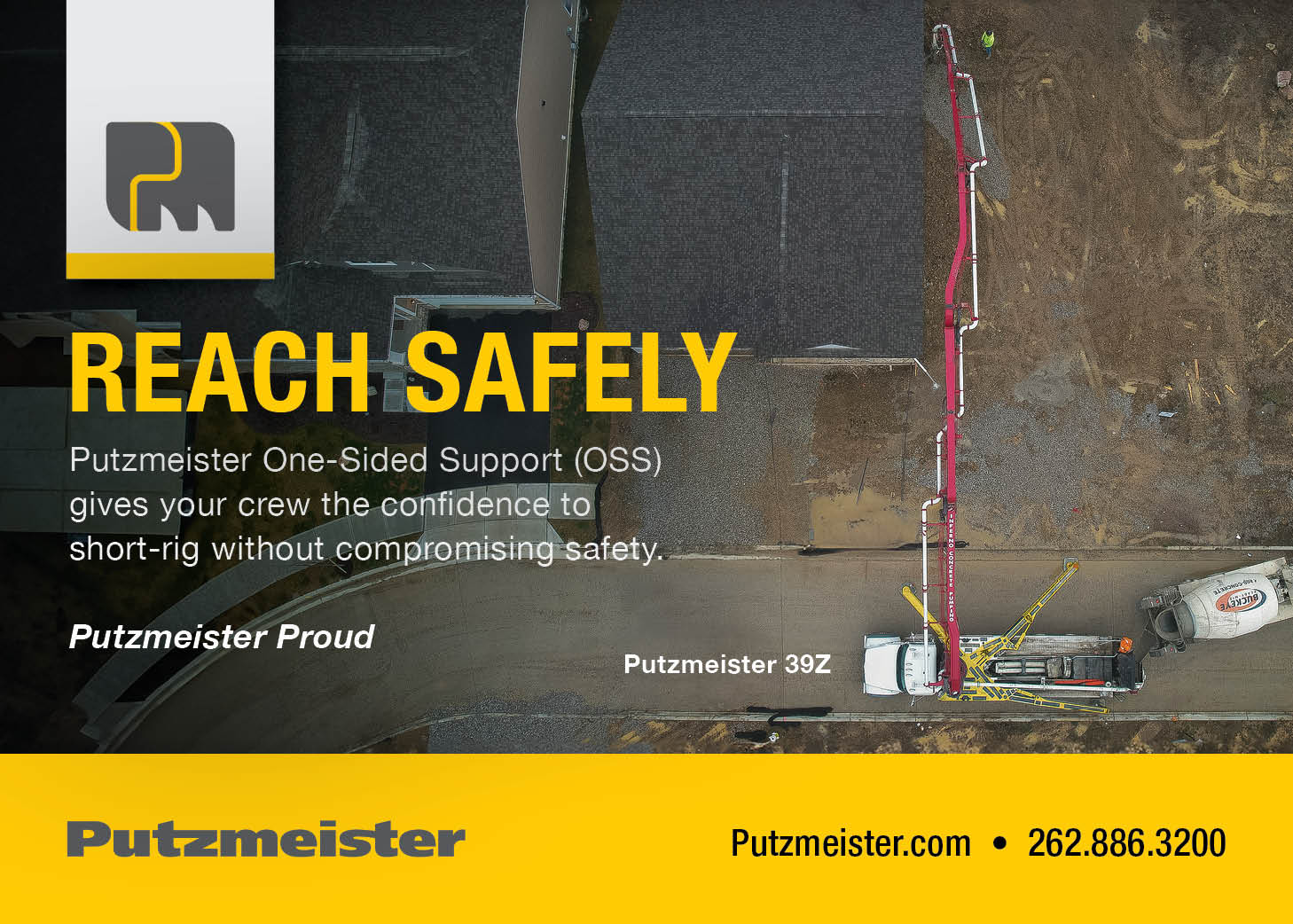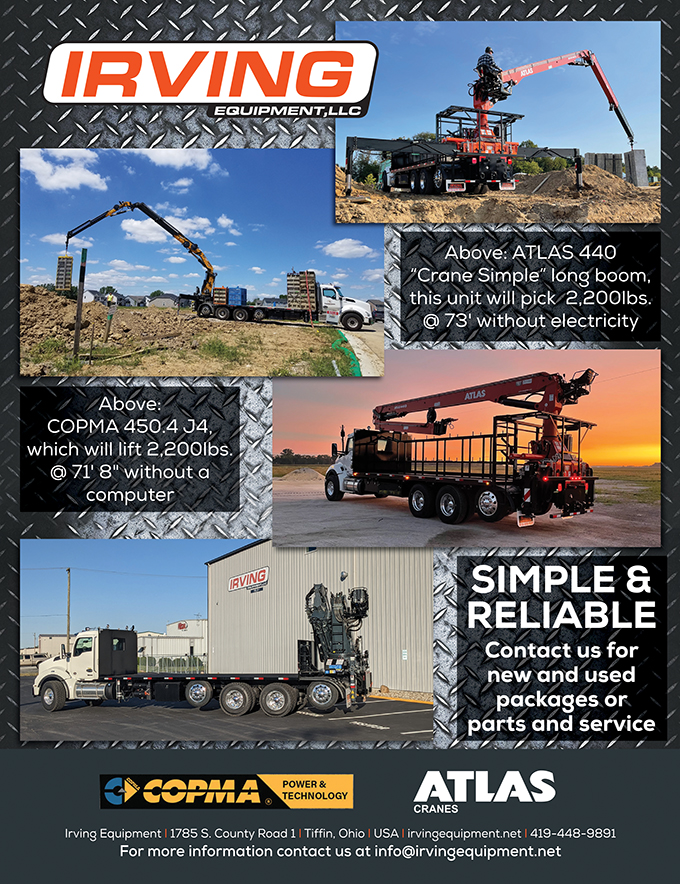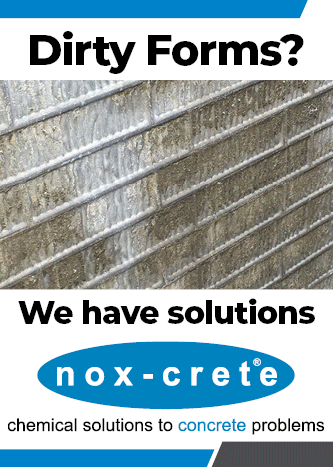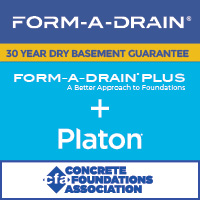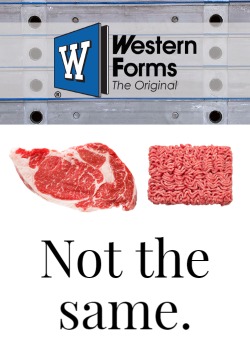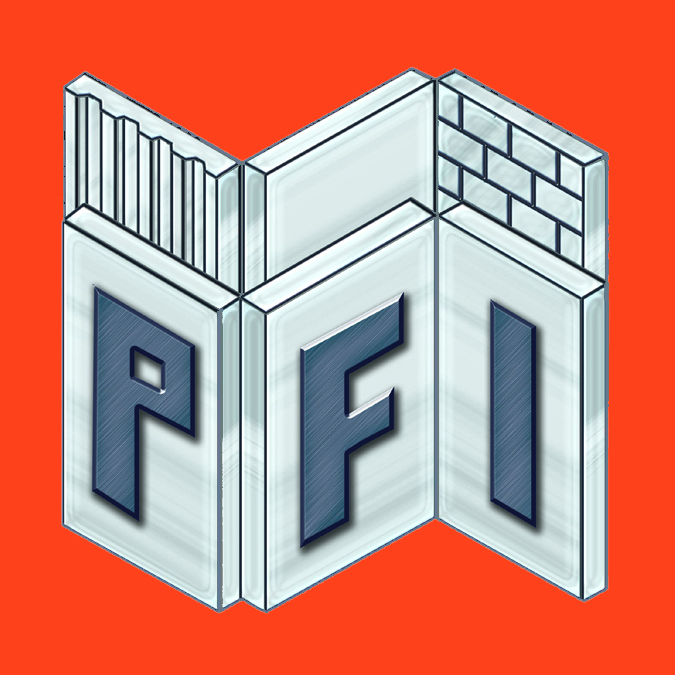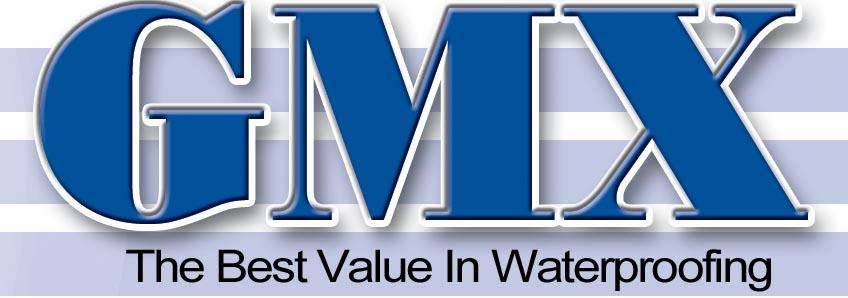CFA Company Certification Program Nears “Roll-Out”
The Concrete Foundations Association company certification program is in its final stages of review before anticipated “rollout” early in 2008. An overview and solicitation for input was presented at the summer meeting and committee members are planning to submit the program to the full Board of Directors for possible action at the fall meeting in Salt Lake City.
The program is being considered because several CFA members are operating in jurisdictions where foundation contractors are (or soon will be) required to be certified – not just the traditional trades. Many current company certification programs are designed, administered and enforced by companies and individuals who have limited knowledge about the industry they regulate. The CFA Board decided to be proactive and design a comprehensive but contractor-friendly program with that can be promoted by the CFA and used by jurisdictions requiring certification.
The CFA will introduce the basic elements of the program and expand or modify it as the market and members dictate. A separate board or committee will oversee the program to eliminate conflicts of interest and a board of appeals will be established to resolve conflicts, disputes, and other issues relating to possible denial of certification to a company. Administration of the program, including verification of requirements, will be handled by current CFA staff.
The program contains the following basic elements:
• Basic Knowledge of Concrete and Foundations
• Minimum Insurance Requirements
• Continuing Education (Annual Requirement)
• Safety Program Requirements
• Financial Soundness of the Business Entity
• Related Certifi cations or Verifi able Training for Specialty Equipment
• Experience
BASIC KNOWLEDGE
The Basic Knowledge component of the program would involve a one-time examination covering all aspects of construction that are deemed relevant to foundation construction. Specific categories of knowledge include:
• Safety
• Concrete
• Soils/Excavation
• Footings
• Walls
• Moisture/Waterproofing Drainage
• Backfilling/Grading
• Building Codes
The information needed to pass the examination will be in a variety of publications readily available through the CFA and other sources. They include the International Residential Code (IRC) Chapter 4, the American Concrete Institute (ACI) 332 Documents (Standard and Guide), and the CFA Standard. The CFA will offer a seminar at its regular meetings to prepare for the multiple choice exam. At this time it is anticipated to be an open book test.
INSURANCE REQUIREMENTS
All certified companies are be required to maintain and carry in-force minimum levels of insurance for General Liability and Employer’s Liability. While levels of coverage are still under discussion it is anticipated the minimum levels will be $1,000,000 for general liability and $100,000 for employer’s liability. Evidence of insurance of coverage for the above as well as for Workmen’s Compensation in accordance with respective state law is also required. Any changes in the insurance coverage must be provided to staff in order to maintain certification.
SAFETY REQUIREMENTS
Evidence of an industry approved safety program must also be provided for review and approval. The safety program must have at least the following components:
• A Safety Manual;
• Applicable MSDS Sheets;
• Safety Meetings with times, frequency, sign-off, and content;
• Accident Reporting Procedures;
• Confined Space Guidelines;
• Cement Burns.
CONTINUING EDUCATION
Twelve hours of annual continuing education will be required of at least two individuals in the company. Education must be divided into the following areas:
• Codes and Materials (4 hours)
• Materials and Methods (8 hours)
A variety of options will be available to meet the continuing education requirements. The CFA summer convention, specific seminars at the world of concrete, Foundation Fundamental seminars, CFA regional meetings and pre-approved locally sponsored seminars by builders groups and other industry segments will also apply towards this requirement. It is in the best interest of participants to have educational requirements spread over several individuals in the event someone leaves the company.
FINANCIAL SOUNDNESS
Companies must be able to demonstrate that they are financially sound through a series of questions relative to their business practices. The company must be solvent (assets exceed liabilities); State and Federal income taxes and payroll taxes must be current; Judgments and liens must be remedied; and the company must not be in bankruptcy. A negative answer to one of the above questions will not necessarily preclude approval for certification but it will evoke additional questions with regard to resolving any deficiencies.
RELATED TRAINING
Many CFA companies operate equipment that either requires special operator training or certification or for which special training is available. Examples include concrete pumps, boom trucks, and excavation equipment. If a company operates any special equipment, they must demonstrate to the reviewers that they have trained personnel operating the equipment.
EXPERIENCE
Owning a set of forms and having worked for a foundation contractor does not necessarily mean you are qualified to enter the foundation business. In order to be granted full certification, the business entity must have been in business for at least 3 years. New businesses who meet all other qualifications will be granted a Level I certification. Level II, or full certification, will require at least 3 years of experience in the cast-in-place foundation industry. The Board of Appeals will be able to hear special cases, such as a split-up of a partnership where both parties have the requisite experience. A third level of certification is anticipated in the future for contractors involved in constructing above grade homes with structural decks.
COST
The cost of the program has not been determined as of yet. There may be a special assessment for CFA Certified Contractor status, or it may be incorporated into a different level of basic membership. The amount of staff time involved in administering the program, legal costs, and other parameters are still being evaluated before the cost is set.
No one wants more regulation, hindrances, or requirements in order to operate their business but it is the responsibility of the CFA to anticipate the possibility of these needs and to put programs in place to address them. Once the program is ready, the CFA will be promoting it to builders, building code organizations, and other potential organizations or companies that are considering, or might consider in the future, a certification program. If you have any comments or suggestions about the requirements or details of the program, make certain you contact either Dan Bromley, committee chair (816-795-0073 or DanB@ABI-Corp.com) or Ed Sauter (319-895-6940 or esauter@cfawalls.org) to make your ideas known.
Ed Sauter, Executive Director, CFA esauter@cfawalls.org